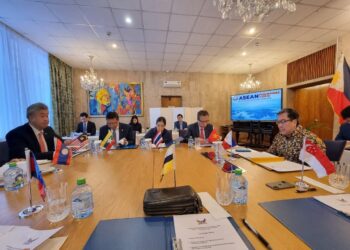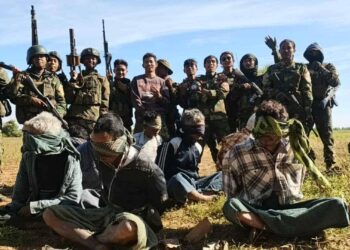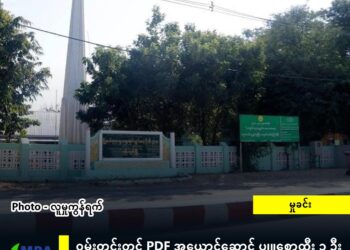On January 19, 2024, reports emerge from western Myanmar detailing the Military Council’s coercive efforts to bolster its ranks through forced conscription, particularly in areas where the revolutionary movement remains nascent. In a bid to shore up its military strength, the council has initiated a campaign of mandatory enlistment, targeting villages with weak resistance and limited revolutionary activity.
Residents in affected villages are being subjected to intrusive census inquiries, with households pressured to disclose the number of eligible individuals for compulsory recruitment into the People’s Army. Those reluctant to join are faced with exorbitant fines, amounting to 20,000,000 kyats per person in some areas, forcing many to flee their homes in search of refuge.
Additionally, reports indicate that villagers are being coerced into voting in favor of conscription, with threats of reprisals for non-compliance. The oppressive tactics employed by the Military Council have created a climate of fear and instability, disrupting the lives and livelihoods of ordinary civilians.
Furthermore, the council’s imposition of forced conscription is accompanied by a surge in robberies and acts of intimidation, further exacerbating the plight of vulnerable communities. The ominous threat of forming a public army, articulated by military leader Aung Thai, underscores the council’s determination to tighten its grip on power through any means necessary.
Observers speculate that the council’s push for forced conscription aims to replenish its dwindling ranks and reinforce its military capabilities amidst escalating tensions and internal strife. The echoes of historical recruitment practices, including the smuggling of portraits as recruitment tools, highlight the council’s desperation to bolster its forces.
As the specter of forced conscription looms large over western Myanmar, the international community must condemn such egregious violations of human rights and press for an immediate cessation of coercive tactics. The plight of affected communities underscores the urgent need for concerted efforts to address the root causes of the conflict and restore peace and stability to the region.






